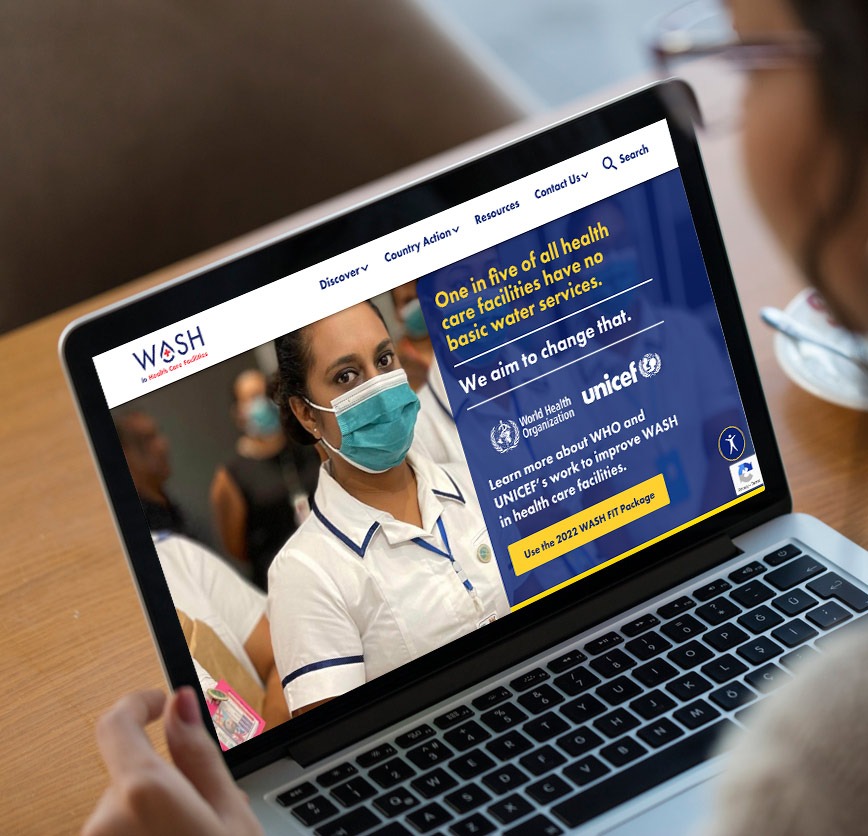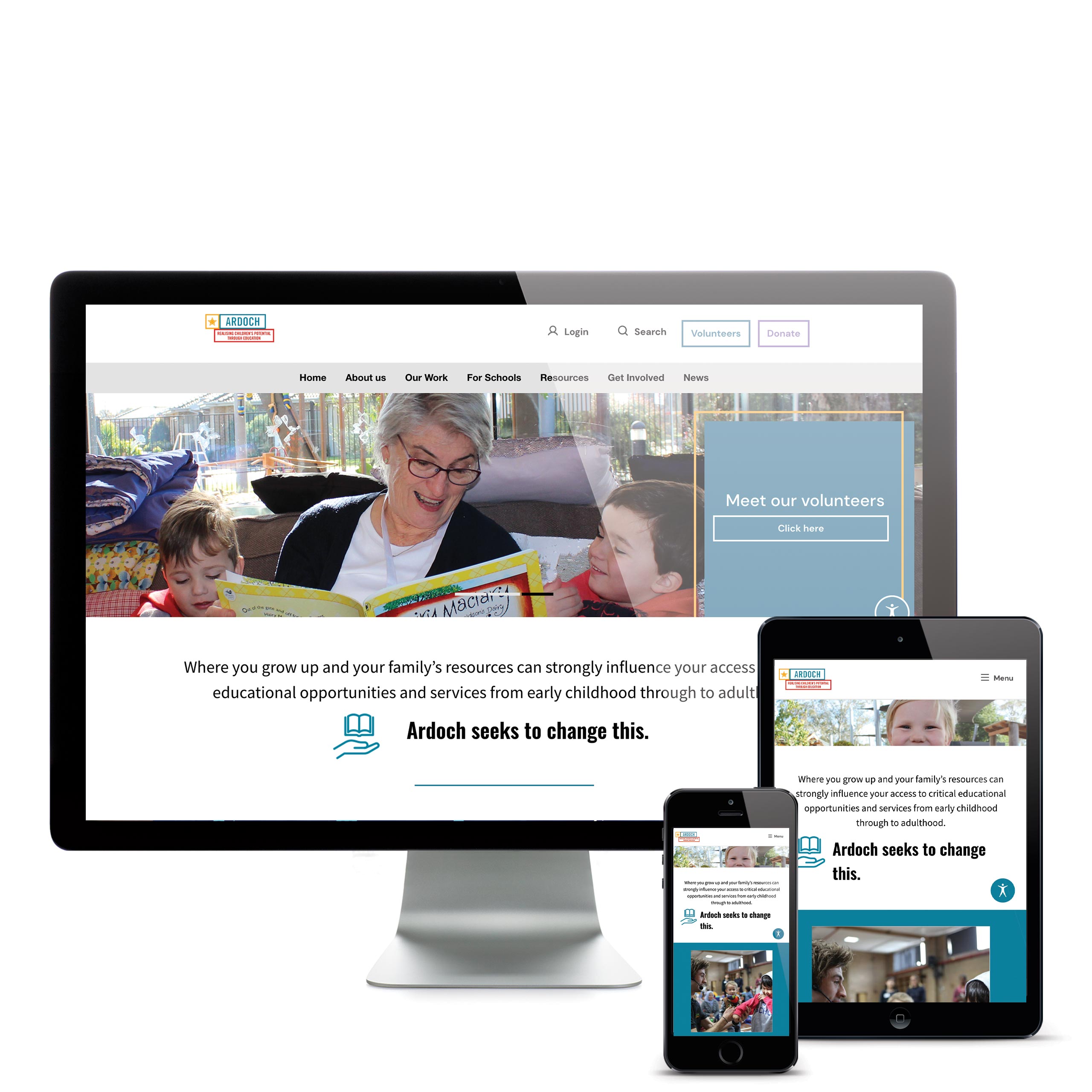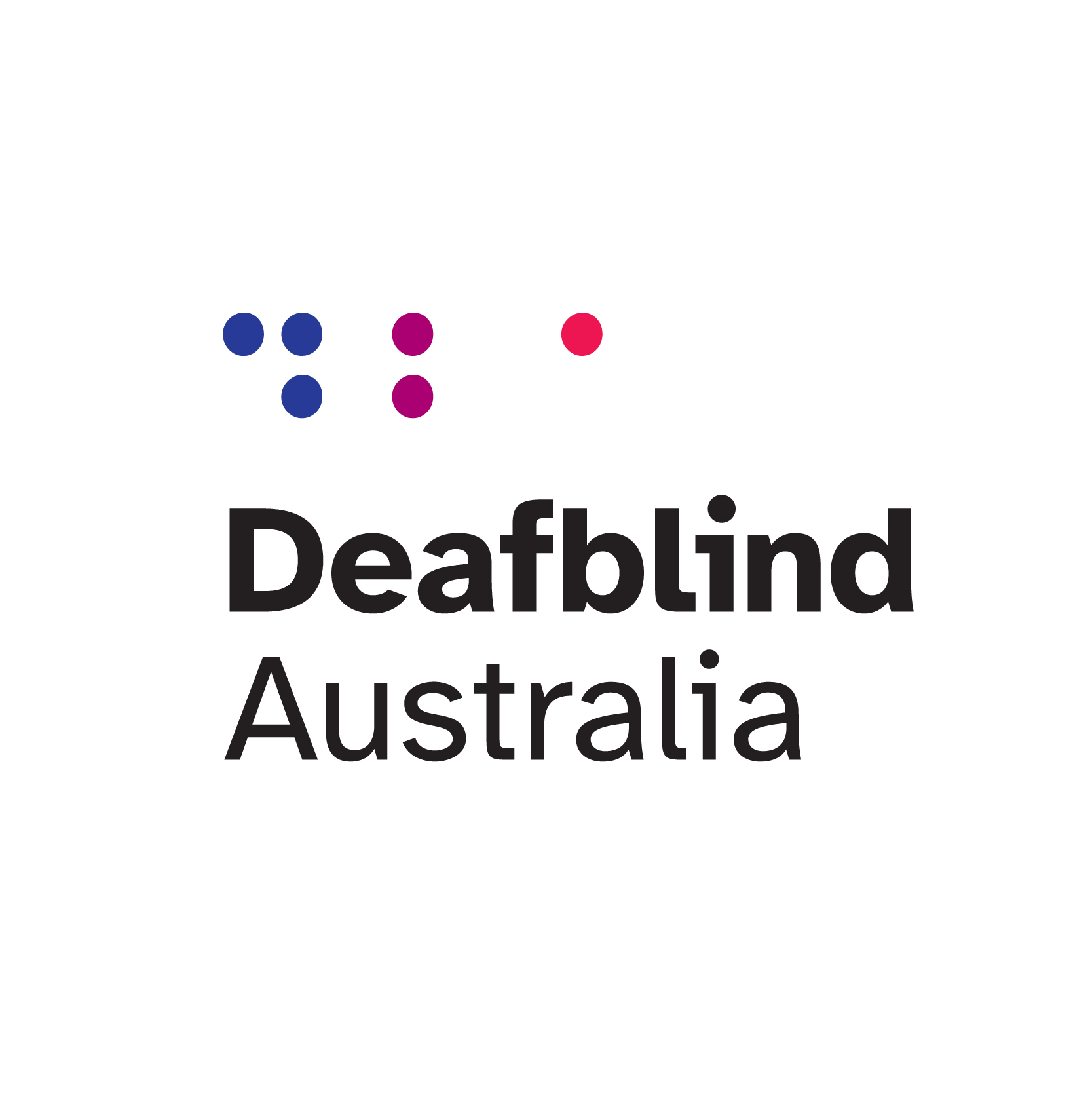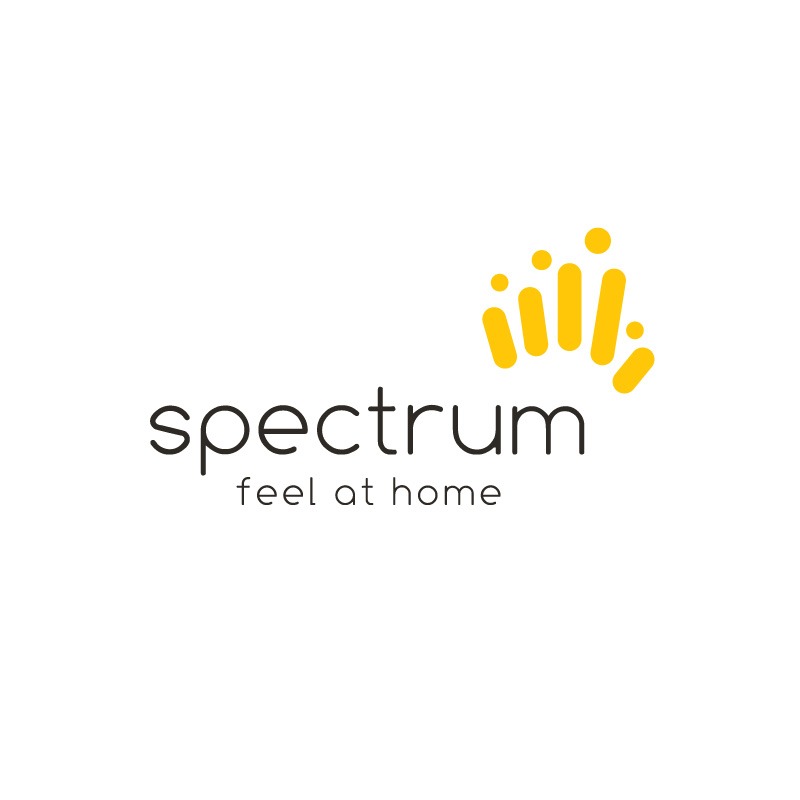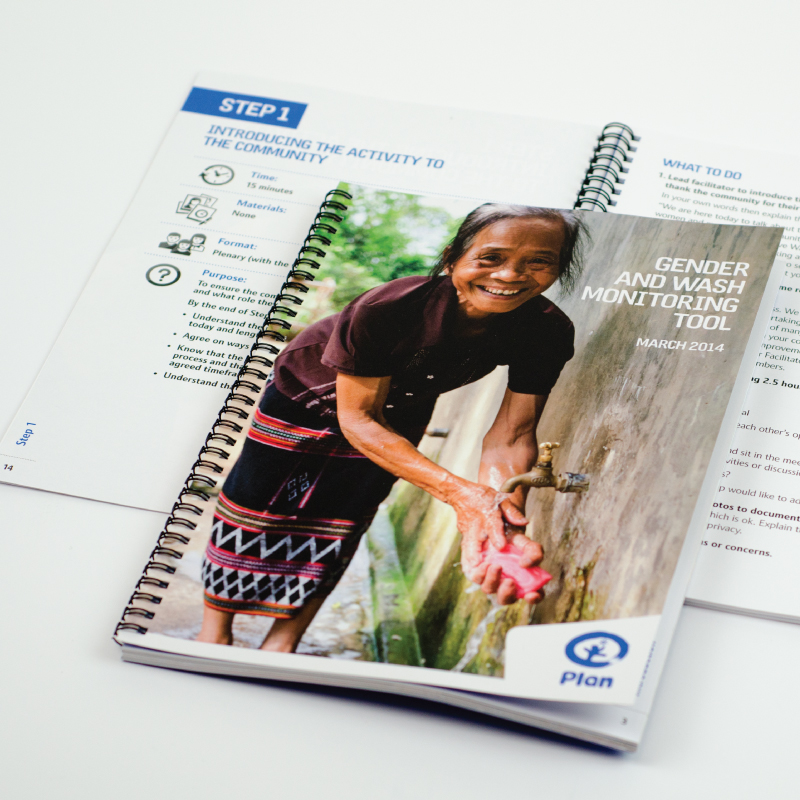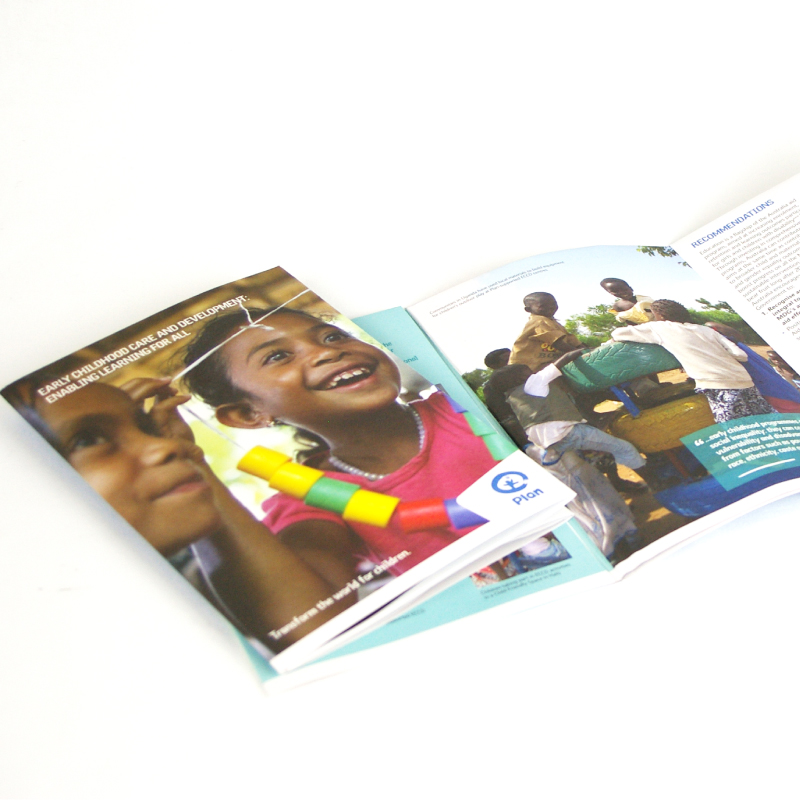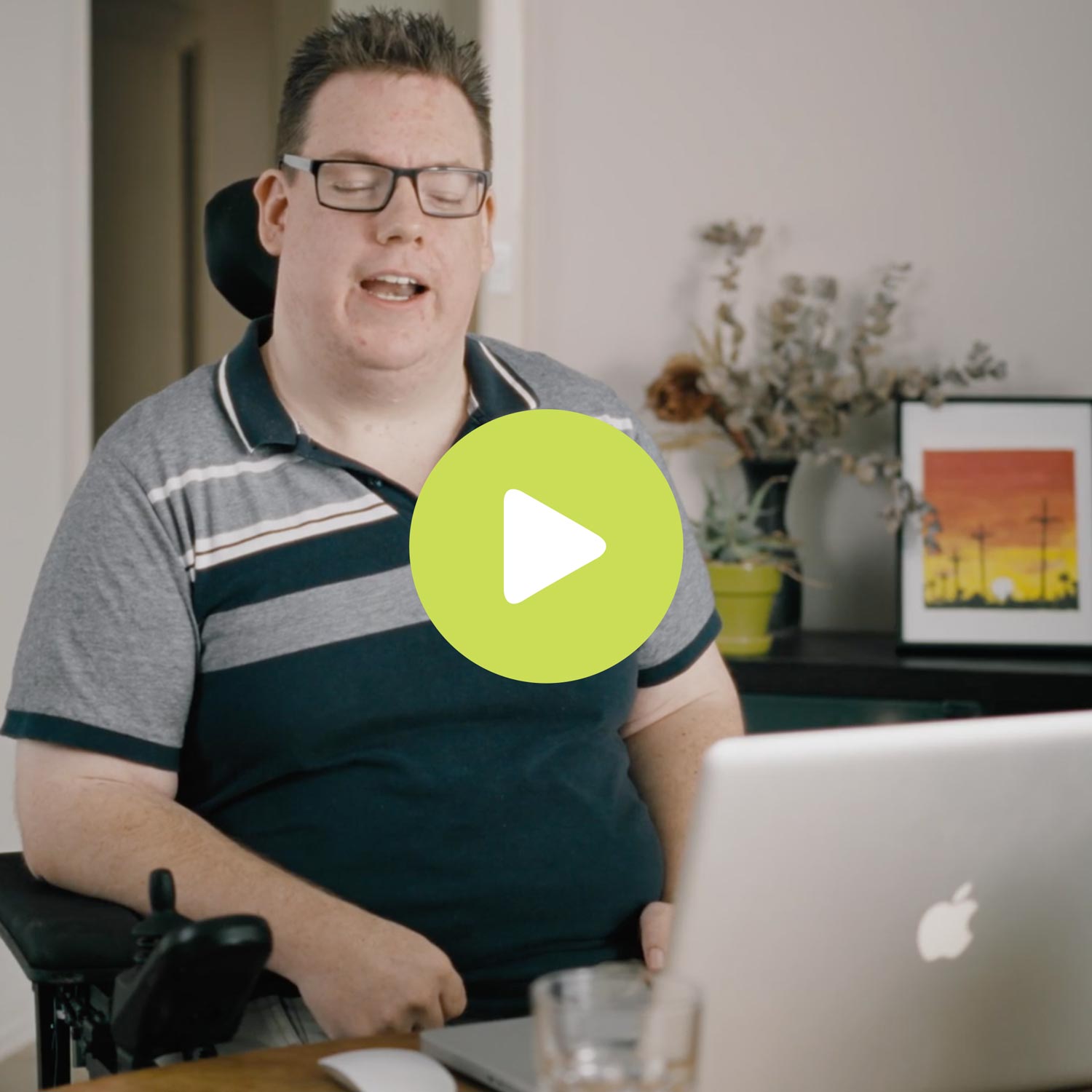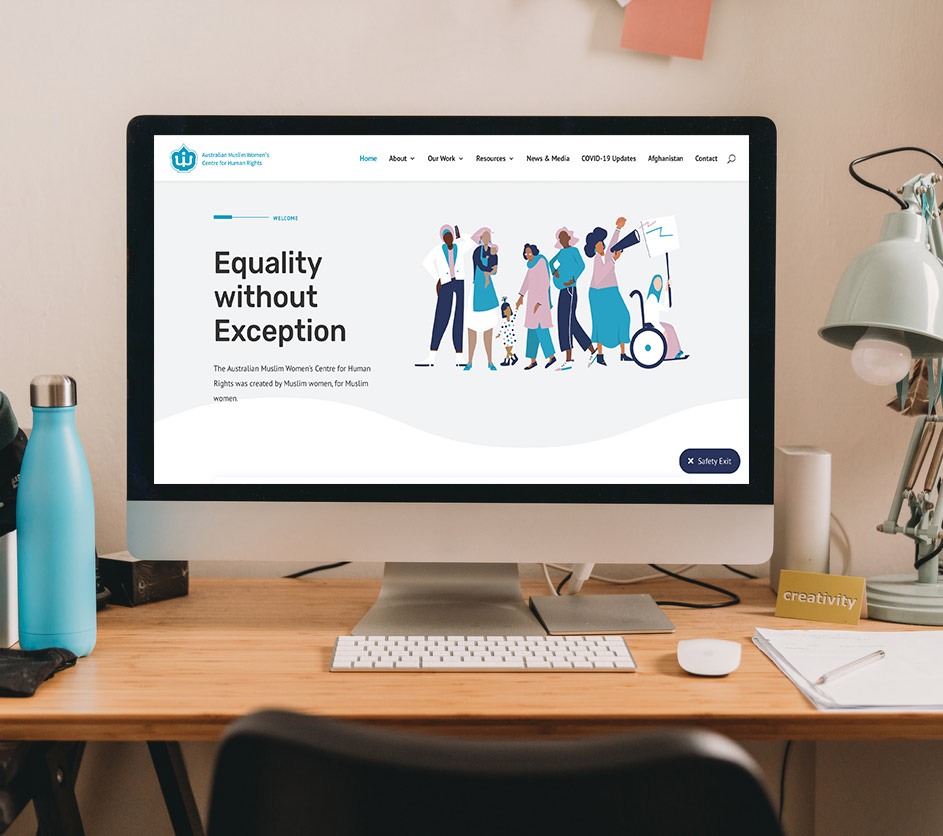
ACCESSIBILITY INCLUSION
Accessibility is fundamentally rooted in the principles of equality, equity, and inclusion. It centres on people and their inherent right to have access to information, activities, and environments without hindrance. Accessibility users encompass individuals whose access may be impeded by temporary, recurring, or permanent conditions, including but not limited to cognitive, physical mobility, auditory, verbal, or ocular disabilities, as well as factors such as age, language, culture, education, economic status, and technological access.
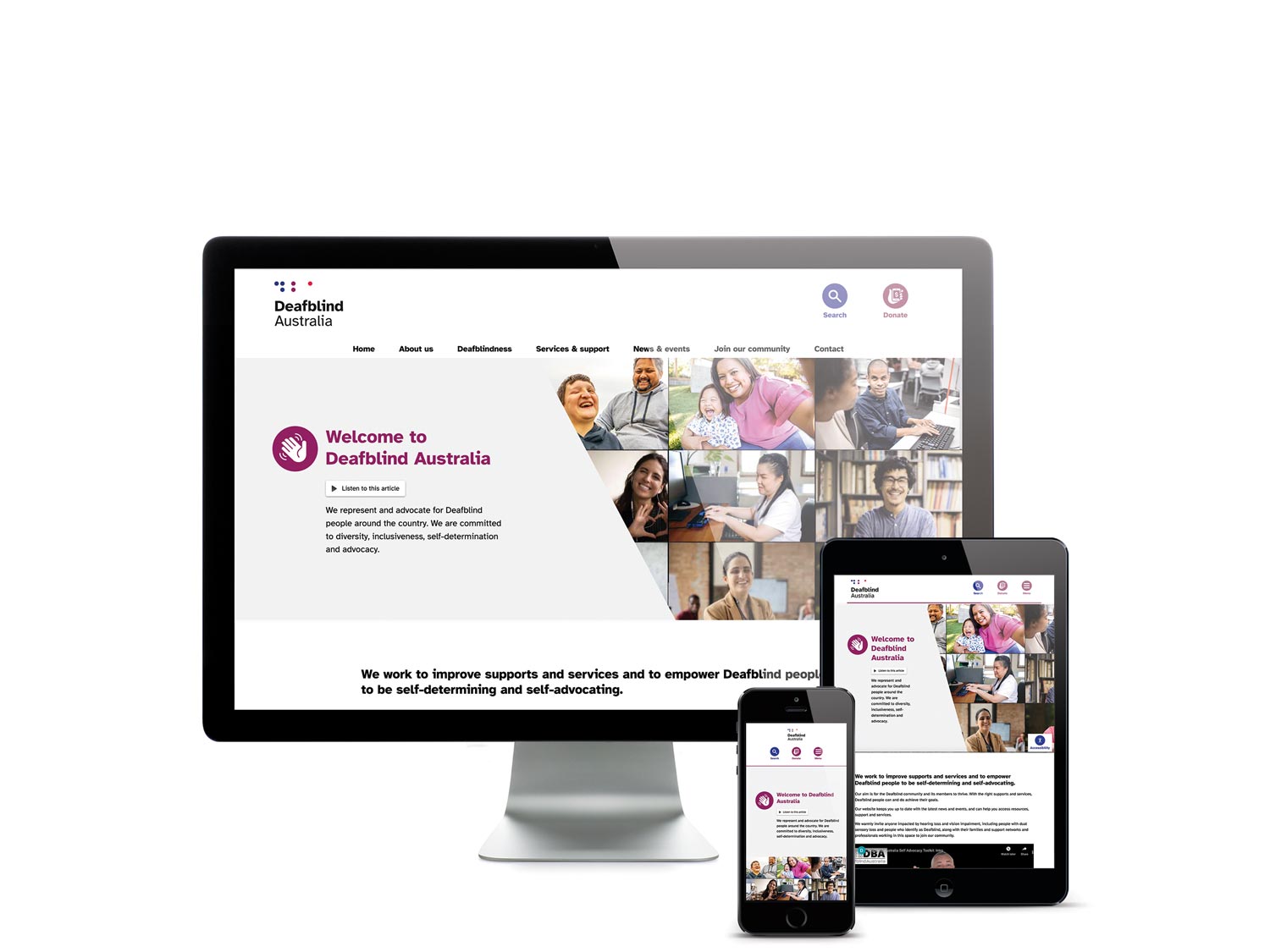
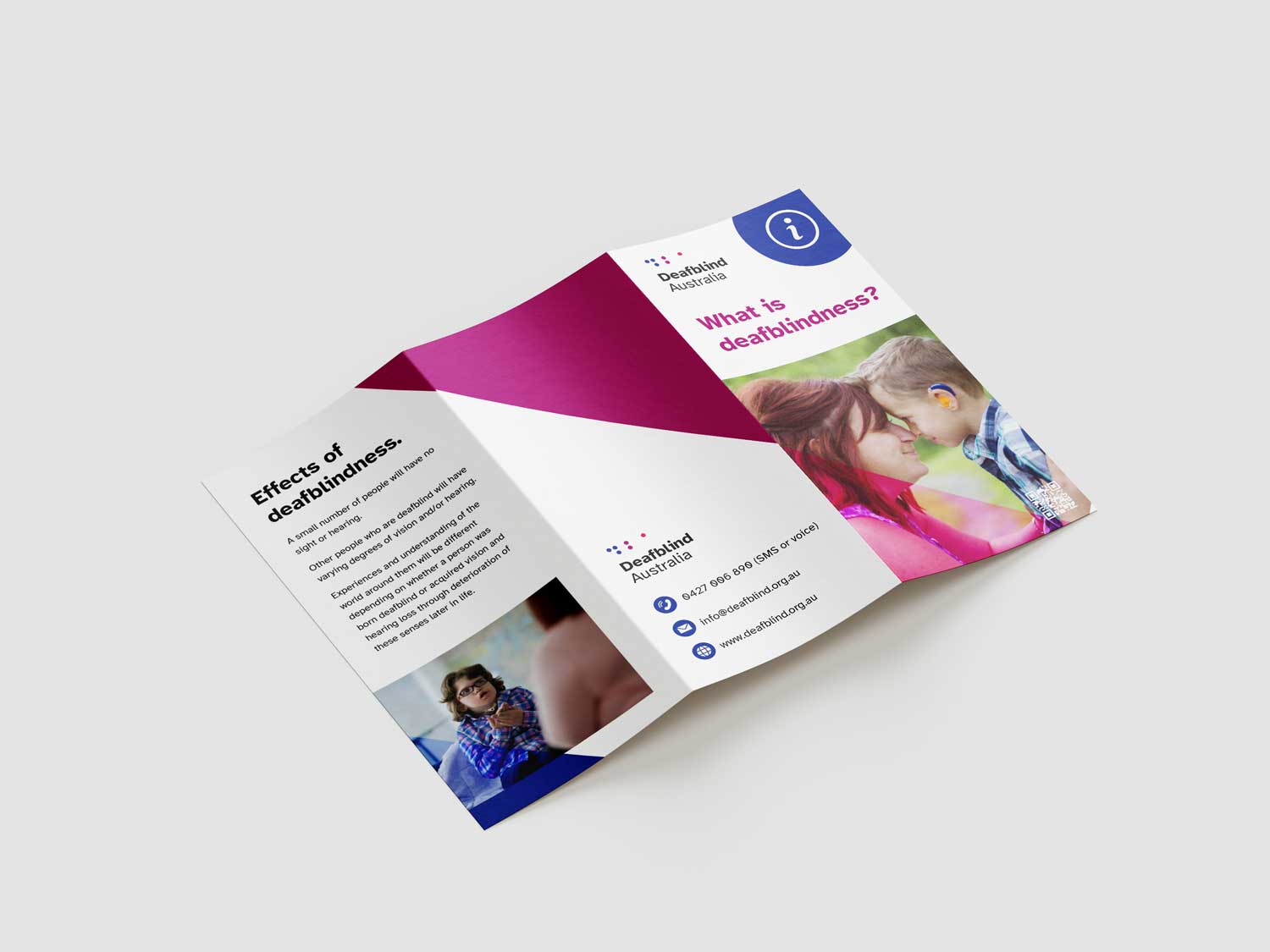
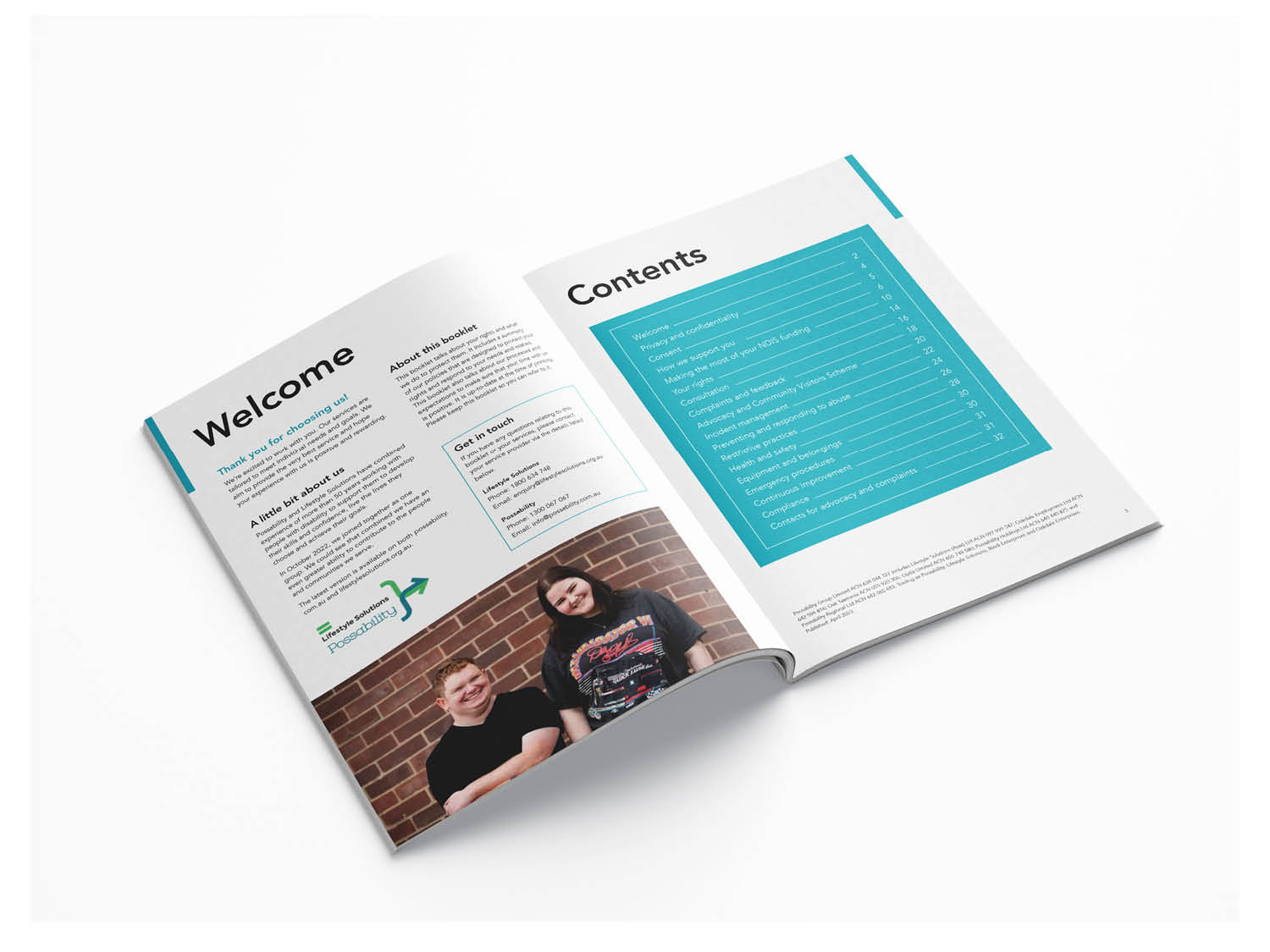
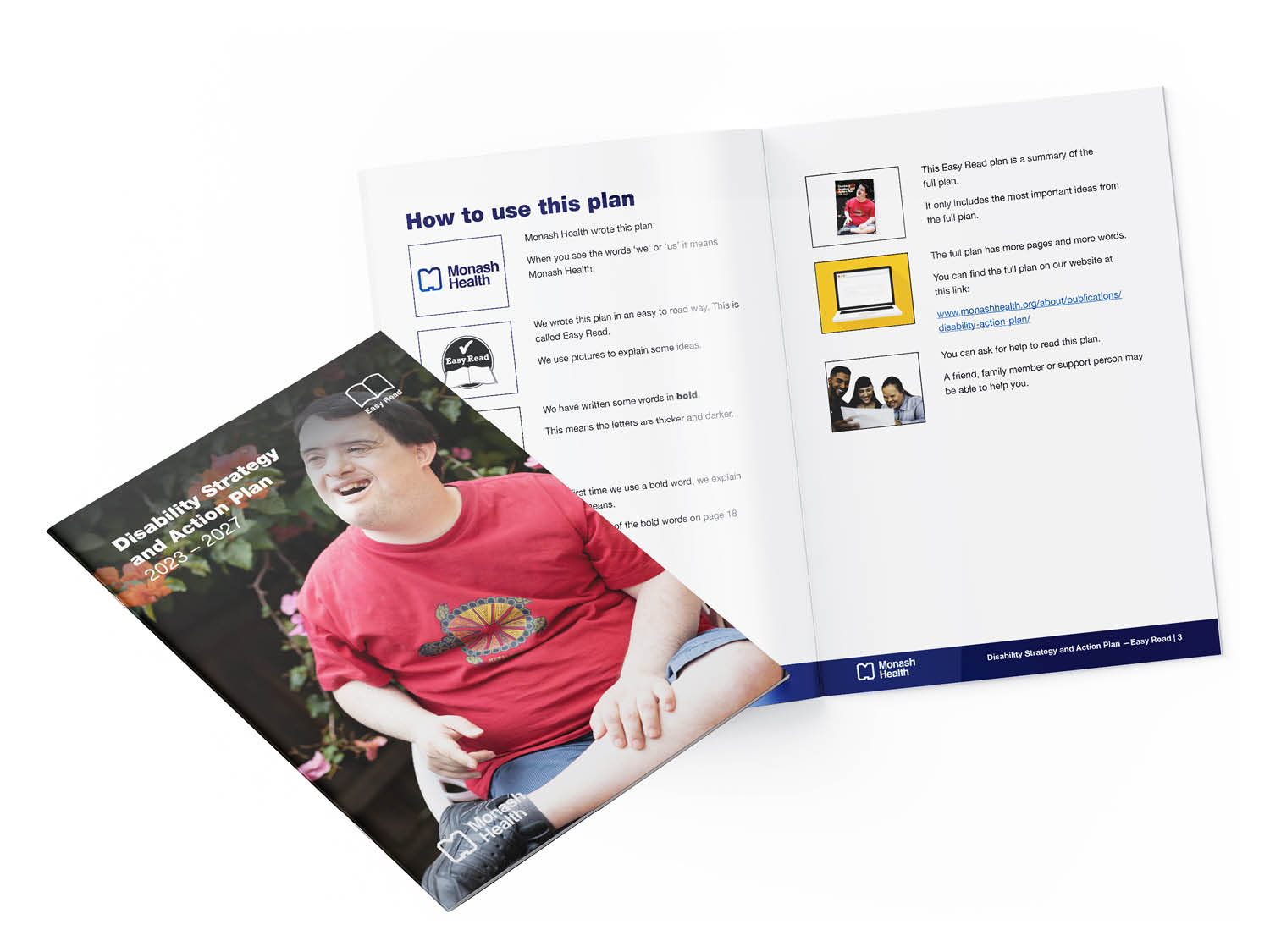
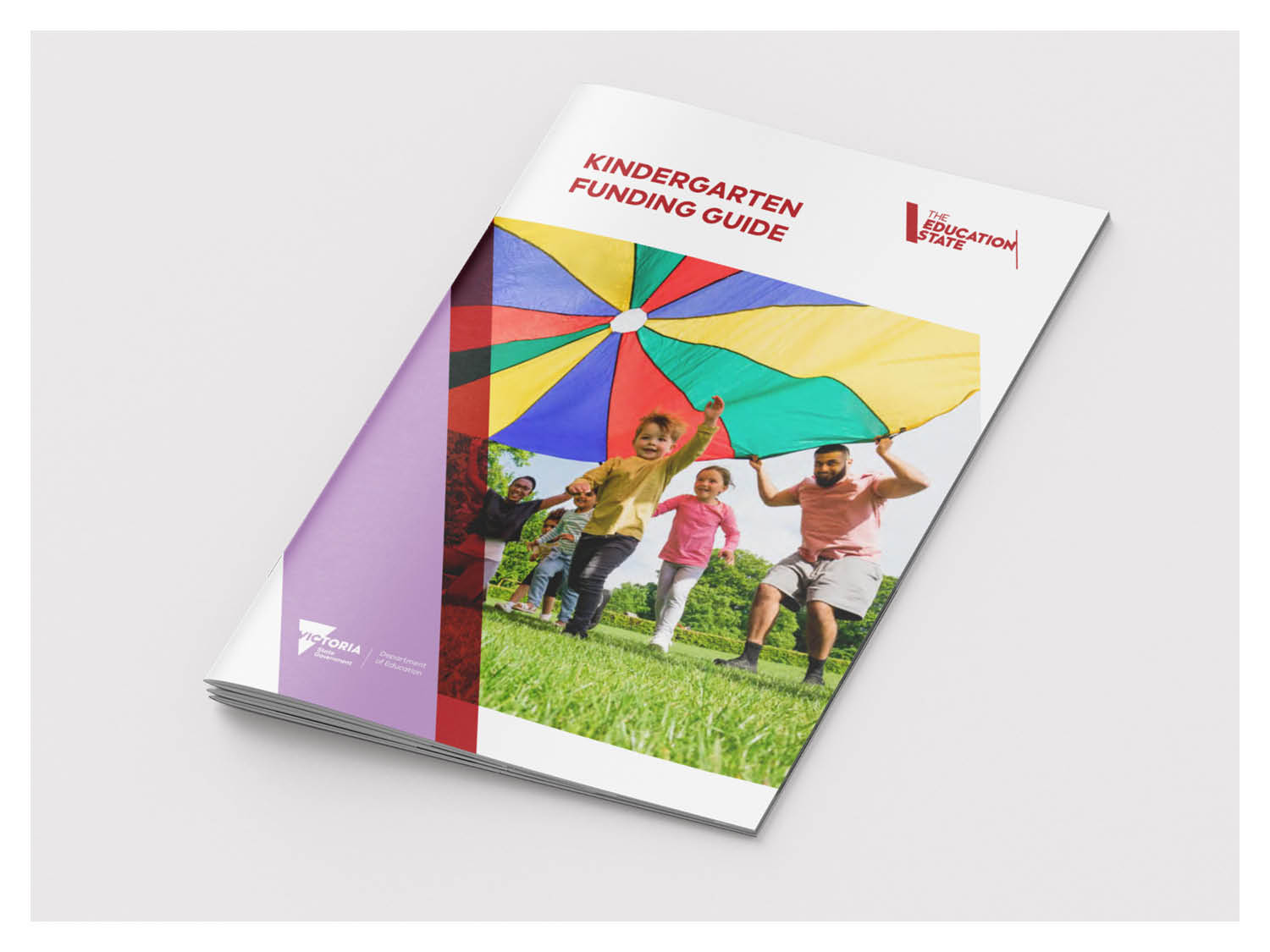
Accessibility is a universal concern, as everyone, at some point in their lives, will
belong to one or more accessibility communities. For example, in the realm of
website design, creating an "accessible home page" involves implementing
accessibility tools such as colour contrast, text enlargement, text-to-speech, Google
Translate, and screen reader compatibility. These elements aim to enhance or
eliminate barriers to website access and content consumption. While some features
are explicitly designed for individuals with disabilities, accessible design benefits all
users, improving the overall user experience.
Blick boasts extensive experience in the realm of accessibility, having worked on
diverse projects spanning government, non-profit organisations, healthcare, medical,
education, aged care, community organisations, and migrant and refugee groups.
We adhere to WCAG AA and AAA standards for website design and development
and are well-versed in creating accessible print and online materials. Our expertise
extends to leveraging a wide range of accessible tools.
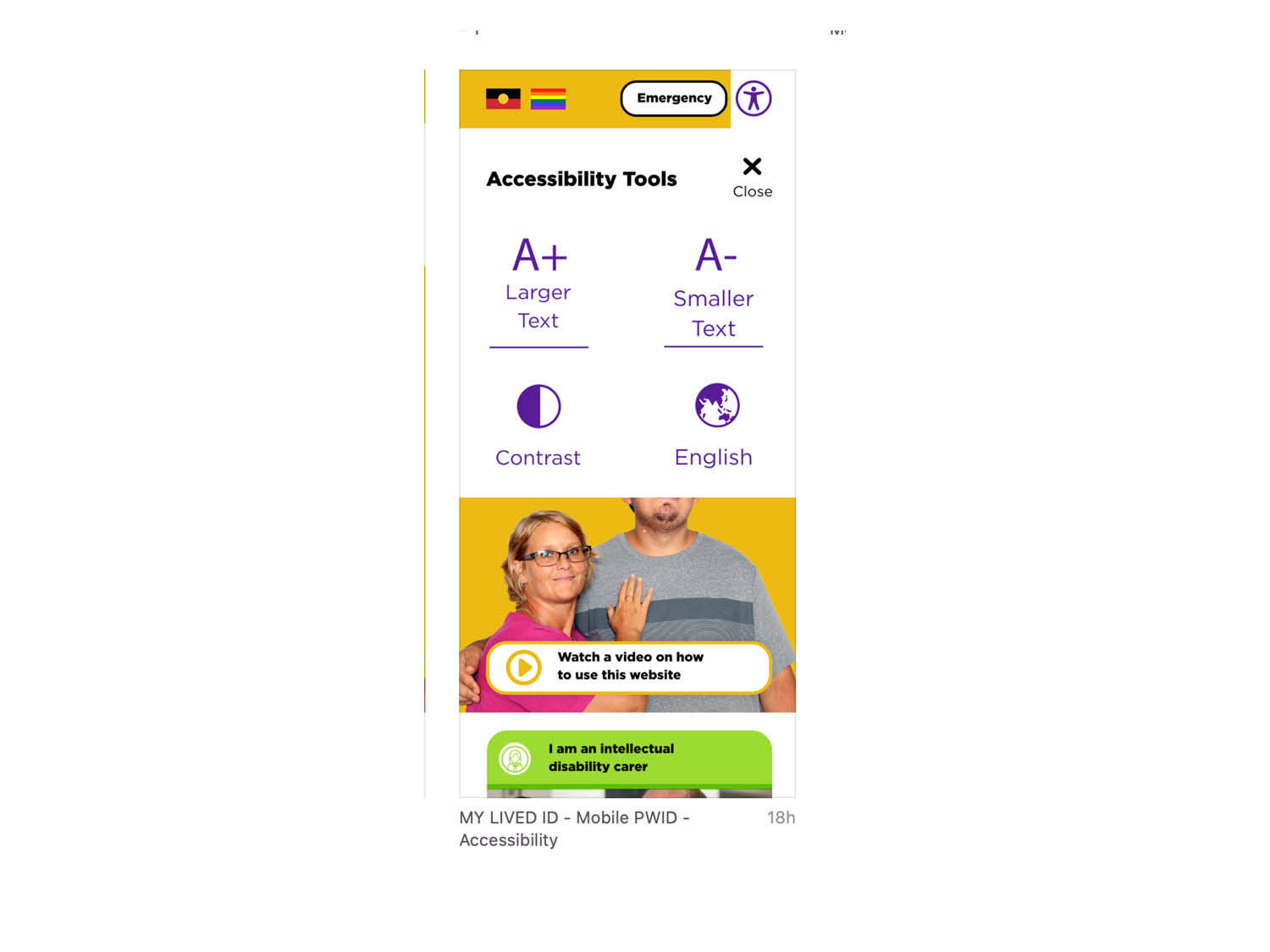
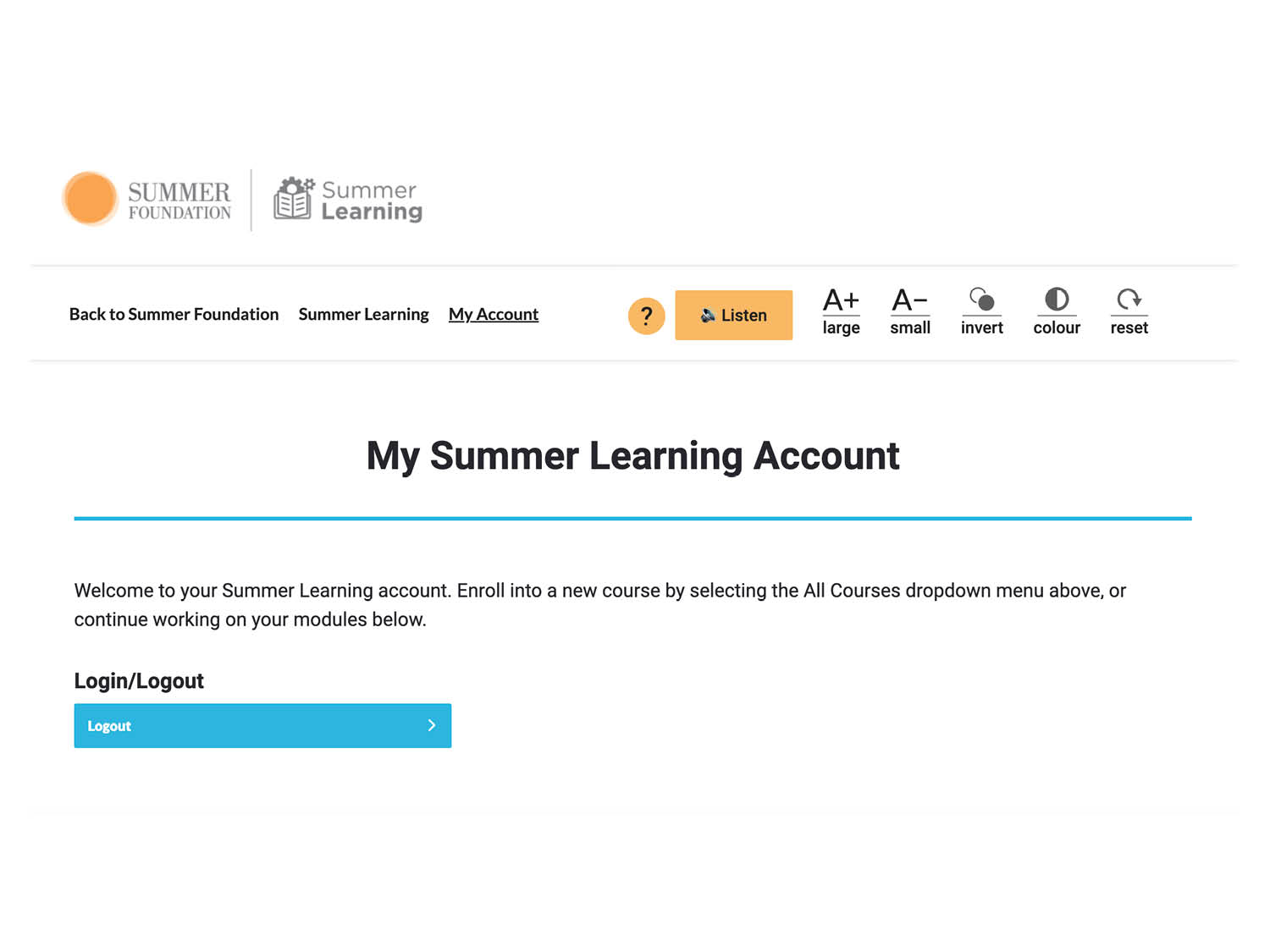
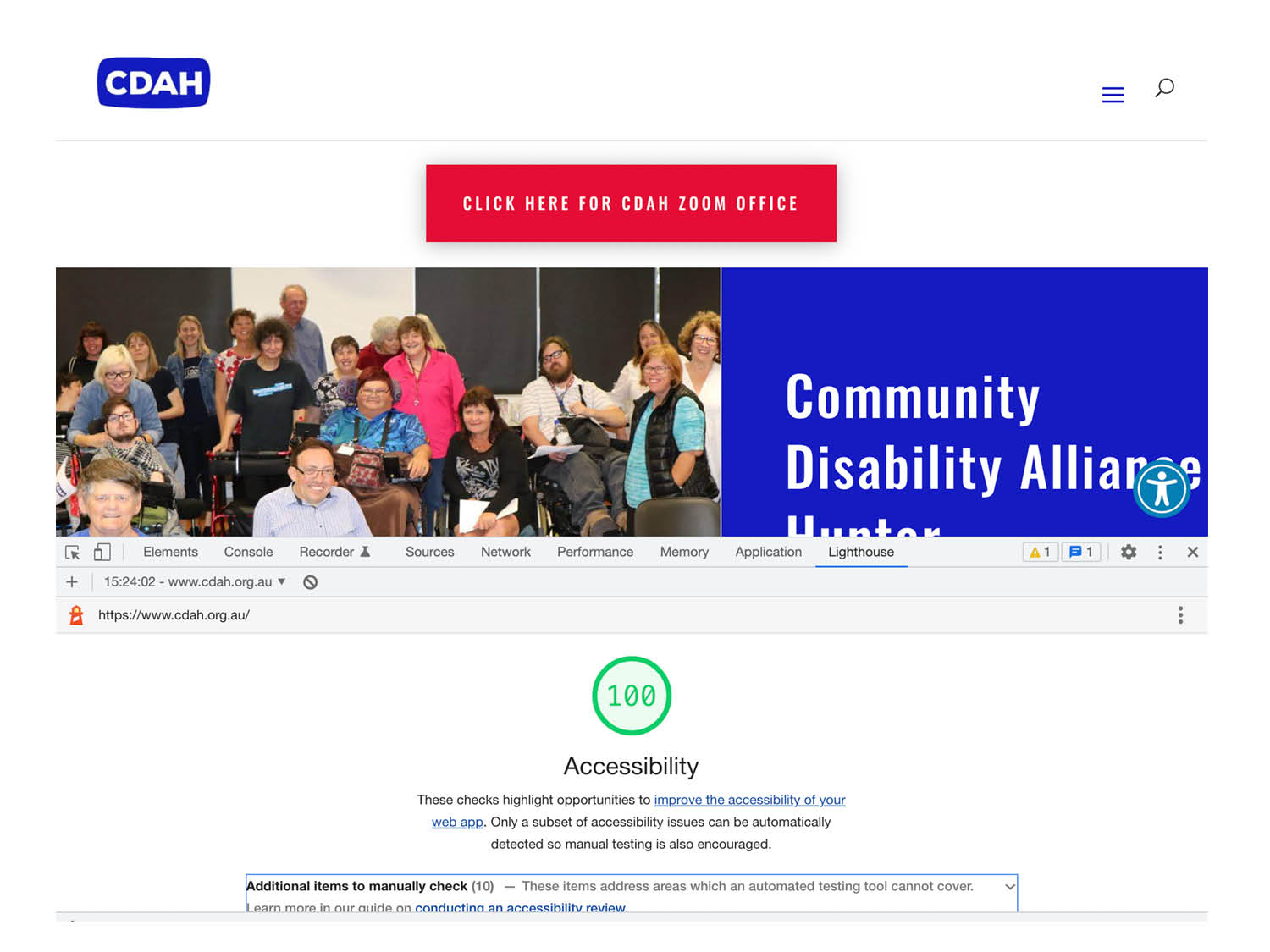
Here are some examples of our work in this space:
Furthermore, we recognise that accessibility is not merely a matter of compliance but
a profound commitment to people. It involves understanding the needs of individuals,
including vulnerable populations. Our approach often involves collaborating with
lived experience committees, conducting co-design sessions, and establishing lived
experience testing teams to enhance the end-user experience. We understand that
accessibility is about creating an inclusive and equitable environment for all
individuals, regardless of their unique circumstances.


